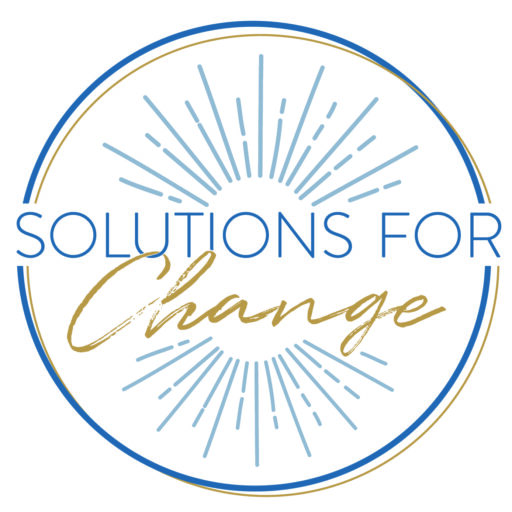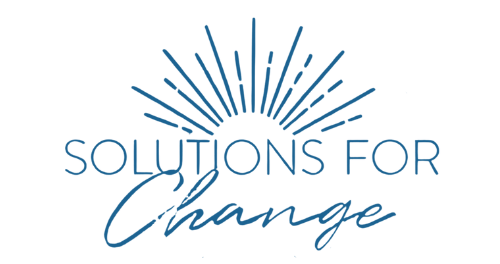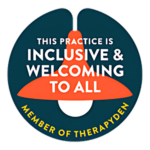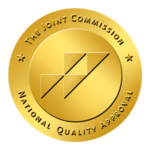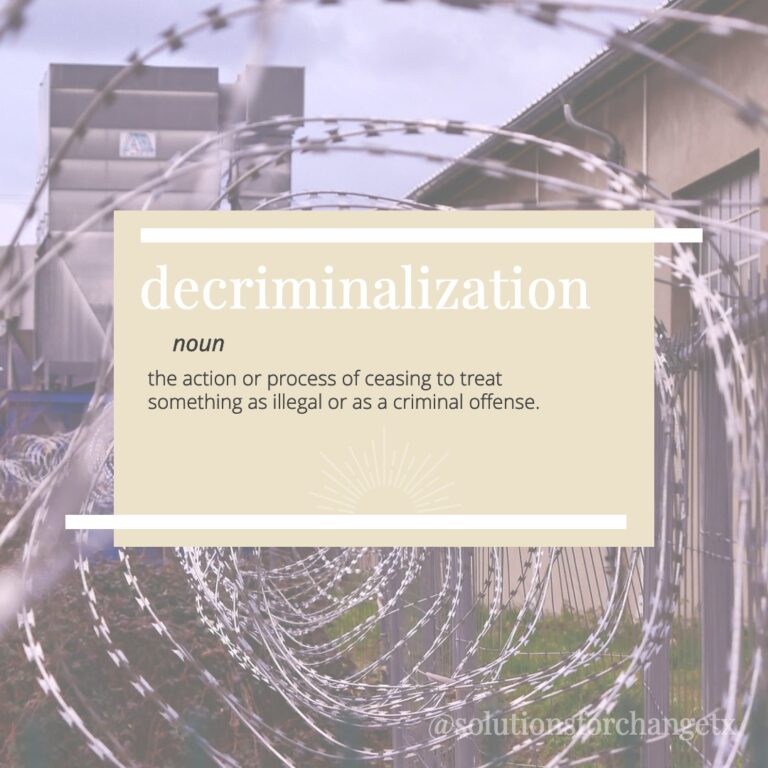
Recent election results indicate that we are moving away from punishing addicts and toward decriminalization of possession of drugs. This has broad implications and could help more people get the help they need.
How is this a good thing?
At this moment, the United States incarcerates more people than any other industrialized country. Many of those incarcerated are locked up for drug-related offenses like possession or crimes of acquisition (crimes committed in order to obtain drugs). Research shows that when someone is in the thick of their addiction, their rational, logical thinking processes are compromised. This means that sometimes people do things they wouldn’t normally (soberly) do in order to obtain the substance they are dependent on. People may sacrifice their personal values and morality if they are in serious pain. Makes sense, right? As it turns out, the threat of punishment doesn’t keep all people from doing drugs, particularly not if they’re already addicted. So, if that doesn’t work, what does? Evidence suggests that addicts who go to treatment have better outcomes than those who go to prison. Of course!
Changing laws, changing norms
Drug decriminalization is a new way of doing things on a structural level. Drug decriminalization policies mean that it is no longer a crime to possess drugs for personal use. Decriminalization opens the door for these drugs (that people who are chemically-dependent are using whether they’re legal or not) to become regulated and monitored for safety. At this time, a person who is chemically dependent on heroin for example will do what they need to in order to obtain more of the drug because if they don’t, they will go into severe and potentially life-threatening withdrawal pretty quickly. They need to obtain their drug in order to manage the withdrawal, and there’s no way to confidently know what exactly they’re taking when buying their drug on the street (an unregulated market). They could be taking incredibly strong heroin or heroin mixed with other chemical agents that are harmful. For someone in this stage of addiction, punishment is not a deterrent to drug use, and only serves to further isolate the person when they need help. Addiction thrives on secrecy and isolation. Making drug possession illegal only encourages addicts to keep their use a secret to avoid being caught. It’s actually counter-productive.
Oregon recently passed Measure 110, the Drug Decriminalization and Addiction Treatment Initiative (2020). This measure makes the possession of drugs (controlled substances) for personal use no more than a Class E misdemeanor punishable by up to a $100 fine. So, possession of mass quantities intended for distribution is still a felony but a person who has a small amount of heroin on them, for example, to use when going into withdrawal, will not be sent to prison. The measure is not condoning drug possession or drug use, rather the intent is to avoid labeling addicts as criminals. This kind of measure implemented across the U.S. would drastically reduce our prison population. Measure 110 in Oregon also includes an initiative to redirect the money saved from lowering the incarceration rate, as well as taxes on marijuana to fund drug treatment for those who need it.
